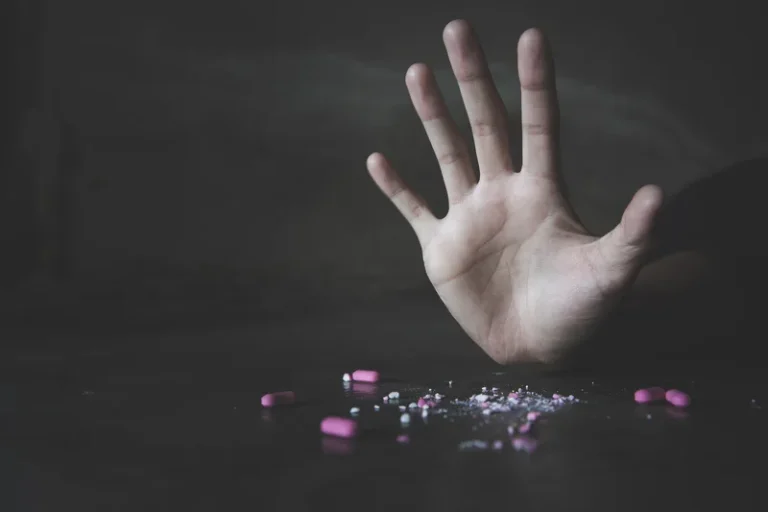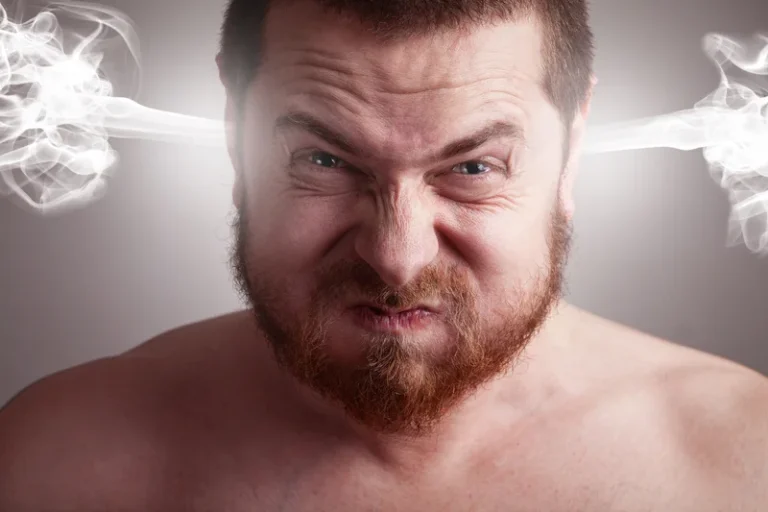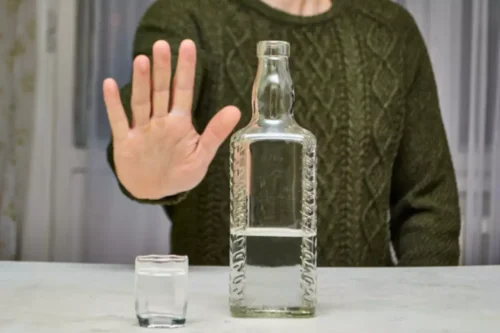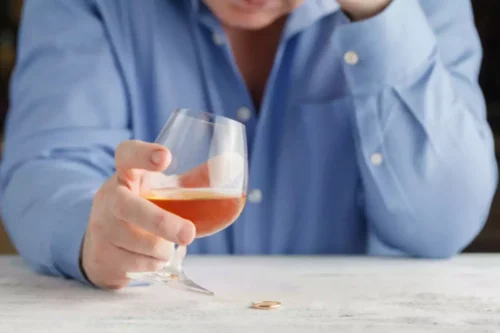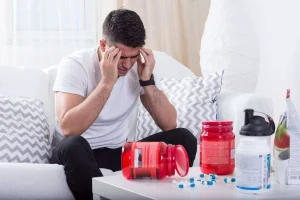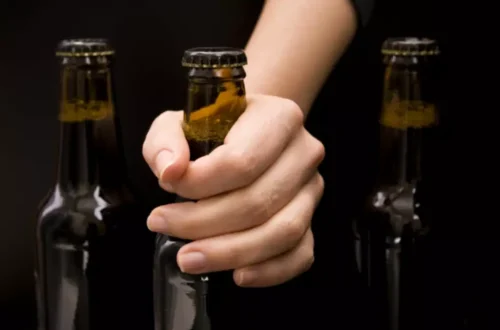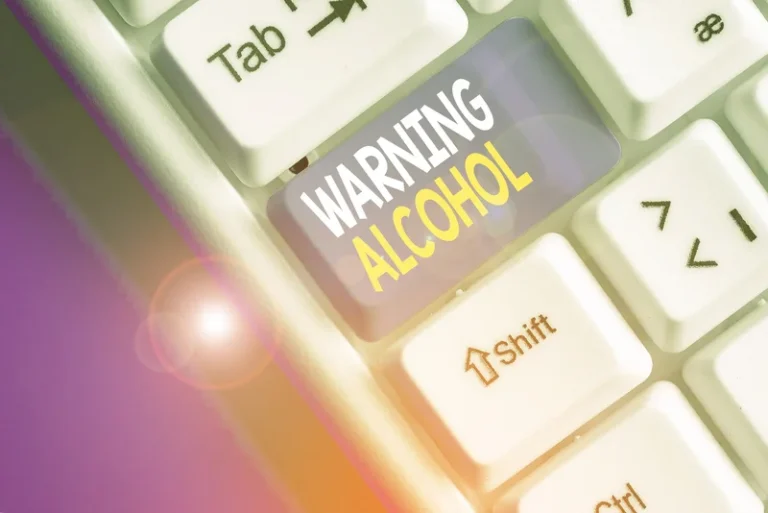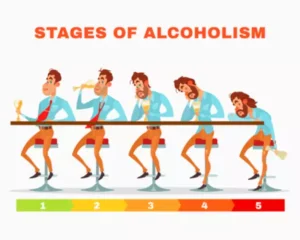
Understanding these effects sheds light on why these discomforts happen and guides individuals on how to manage or mitigate them effectively. Reducing alcohol intake, adjusting the sleeping environment, and staying hydrated are practical steps that can help lessen the impact of night sweats caused by alcohol. The body’s natural response to a rise in skin temperature is to initiate sweating, which helps cool the body through evaporation. However, when alcohol is involved, this sweating process can become excessive, leading to night sweats. The effect is more pronounced when alcohol is consumed in substantial amounts or over a short period, commonly referred to as binge drinking. Furthermore, for individuals who regularly consume alcohol, the body may develop a dependency, making alcohol withdrawal a potential cause of night sweats.
The Severity Spectrum: Alcohol Intake & Night Sweat Intensity

Anyone who is alcohol-dependent and undergoing withdrawal should seek medical advice from a healthcare provider prior to attempting alcohol detox at home. Night sweats, and similar side effects such as flushing and high body temperature, may last the duration of acute withdrawal. Recovery from alcohol addiction is a long-term process that doesn’t end after detox or a stay in a residential treatment facility.
Risk factors
- BetterHelp offers affordable mental health care via phone, video, or live-chat.
- It is important to note that a significant difference exists between having a drinking problem and struggling with alcoholism.
- However, if you start to notice symptoms such as excessive sweating after drinking alcohol, it might be time examine your habits.
- People with alcohol intolerance may experience uncomfortable symptoms, including frequent night sweats, when drinking.
- As if feeling awful weren’t bad enough, frequent hangovers also are linked with poor performance and conflict at home, school and work.
A common cause of sweating after drinking is due to alcohol withdrawal. If you’re a regular drinker or you struggle with alcohol addiction, you might experience certain feelings and sensations after a period of not drinking. This is known as alcohol withdrawal and is your body’s response to alcohol does alcohol make you sweat dependency. One of the common symptoms of alcohol withdrawal is excessive sweating. In cold weather, people who consume alcohol excessively are at risk of suffering from hypothermia. In hot temperatures, people start experiencing dizziness, dehydration, and nausea, alongside excessive sweating.
Alcohol Withdrawal and Excessive Sweating

Continuing care, often in the form of outpatient treatment programs and support groups, is crucial for maintaining sobriety. After detox, transitioning to a residential treatment program can offer comprehensive support for recovering from alcohol addiction. These programs provide structured https://ecosoberhouse.com/ care, including therapy, counseling, and support groups, which are essential for long-term recovery. This response is an inefficient and counterproductive effort by the body to maintain thermal equilibrium. Most hangovers only last a few hours, but some can last for upwards of 2 days.
Common Symptoms of Withdrawal Include:
- If you drink more than the recommended limits and are experiencing negative consequences, you may struggle with alcohol addiction.
- You’ll soon start receiving the latest Mayo Clinic health information you requested in your inbox.
- Such home remedies may include staying hydrated and keeping the bedroom at a comfortable temperature.
- Your body temperature control (thermoregulation), is affected when you consume alcohol.
Our bodies require cooling, and one of the most efficient processes for achieving this is through sweating– something we don’t always think of as pleasant. And if you are a regular drinker of alcohol, chances are you’re quite familiar with this bodily function. The severity of your symptoms is proportional to your alcohol intake, according to Mayo Clinic. If you are experiencing these effects or believe your drinking has gotten out of hand, talk with your doctor or other trusted professional.
- Even when you binge drink and your liver struggles to keep up, maybe 10% of that alcohol will exit the body via urine, sweat, and breath.
- This response is an inefficient and counterproductive effort by the body to maintain thermal equilibrium.
- I’ll explore all of them, but first, let’s start with why you sweat when you drink.
- The toxic effects of acetaldehyde contribute in part to our terrible hangovers.
Alcohol addiction symptoms
- Our treatments include a medically-assisted alcohol detox, which can help deal with harmful withdrawal symptoms in a safe, secure environment.
- Alcoholic beverages may contain a lot of sugar and this causes a sudden increase in blood sugar levels.
- Professionals can alleviate withdrawal symptoms safely and provide treatment to improve your comfort throughout the withdrawal phase.
- The hypothalamus (a region of the brain) is responsible for controlling the nervous system and body temperature.
- If a person is experiencing increasingly discomforting symptoms regularly for several days or over a week, it is crucial to seek out medical attention.
Can Alcohol Cause Night Sweats?

Prevention and Long-Term Management
